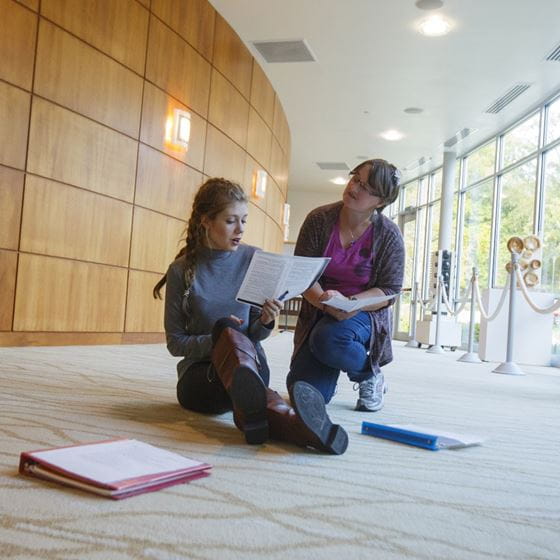100% online
-
Program Overview
M.Ed. in Social Emotional Learning (36 Credits)
The Master of Education in Social Emotional Learning is designed for current educators to be better equipped in helping leaders and students adapt to the increasingly complex challenges of contemporary society.
This program trains students with an integrated, connected approach to understanding and implementing the research about social emotional development as an overarching premise of the educational process, rather than something that is added to an already demanding PreK-12 curriculum.
- 36-credit program (non-licensure)
- Master content-specific skills relevant to social emotional development
- Affordable pricing
- Faculty with experience as active leaders and administrators
- Personal advising

-
Curriculum


